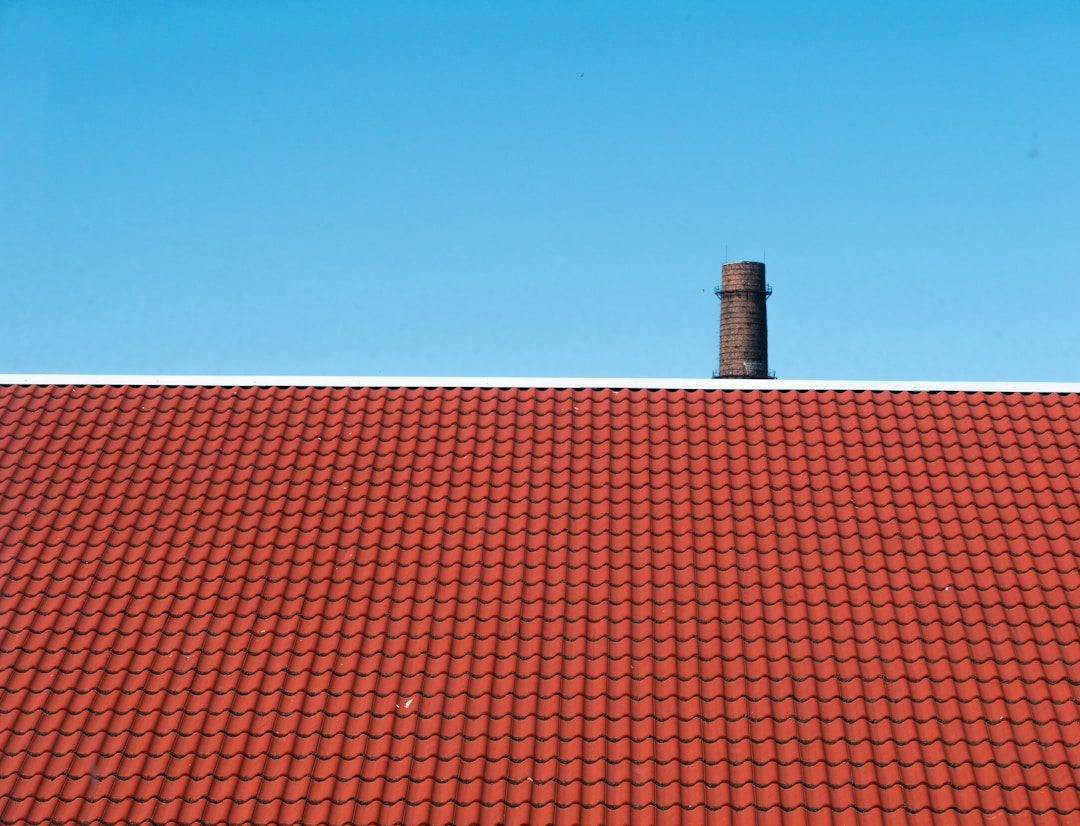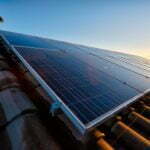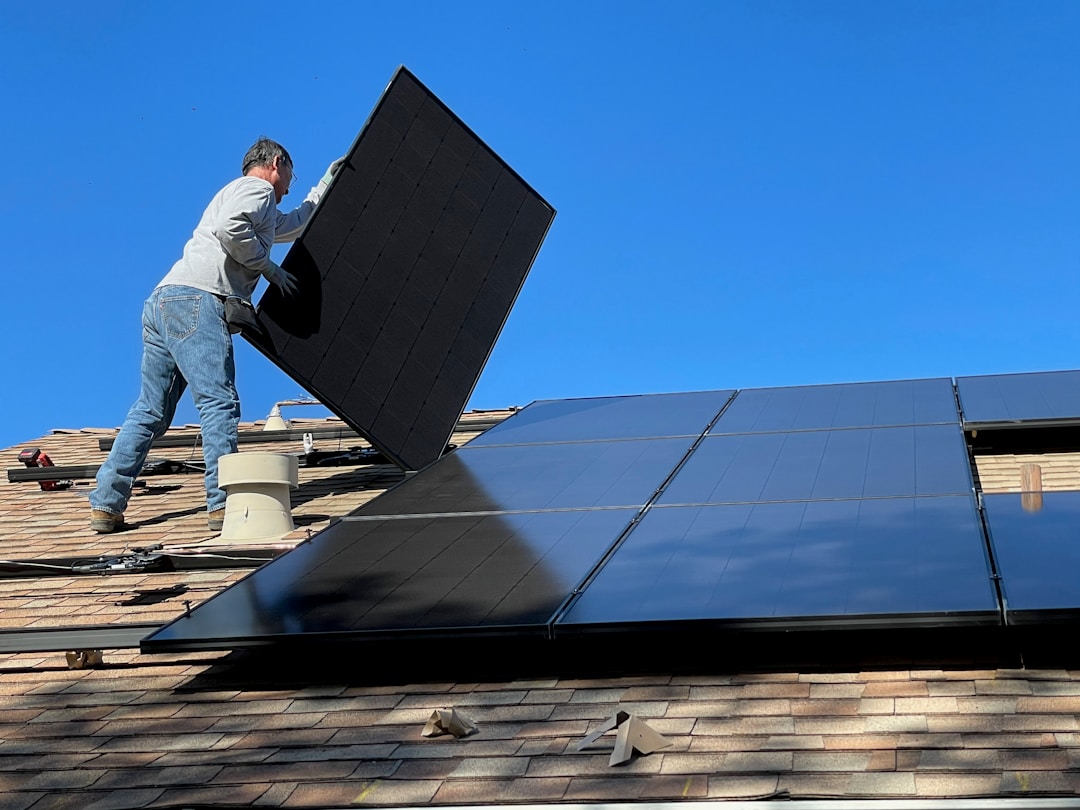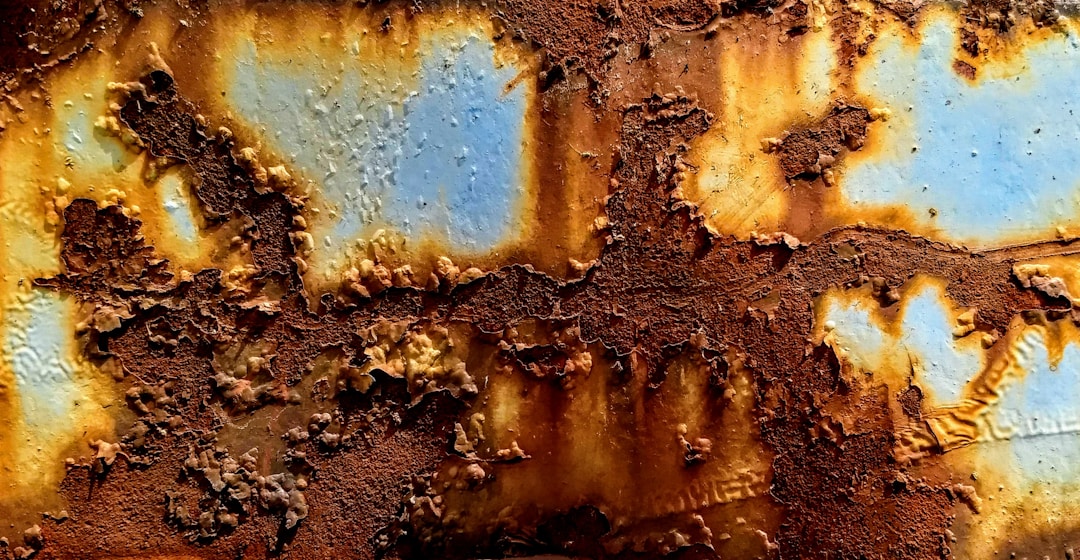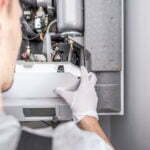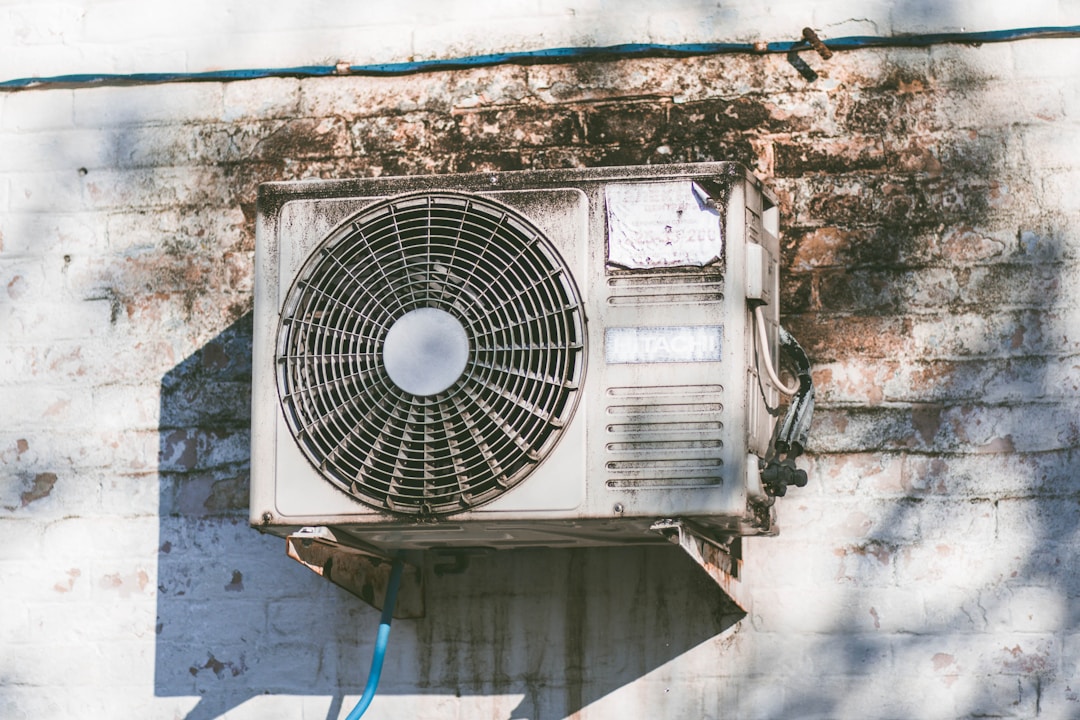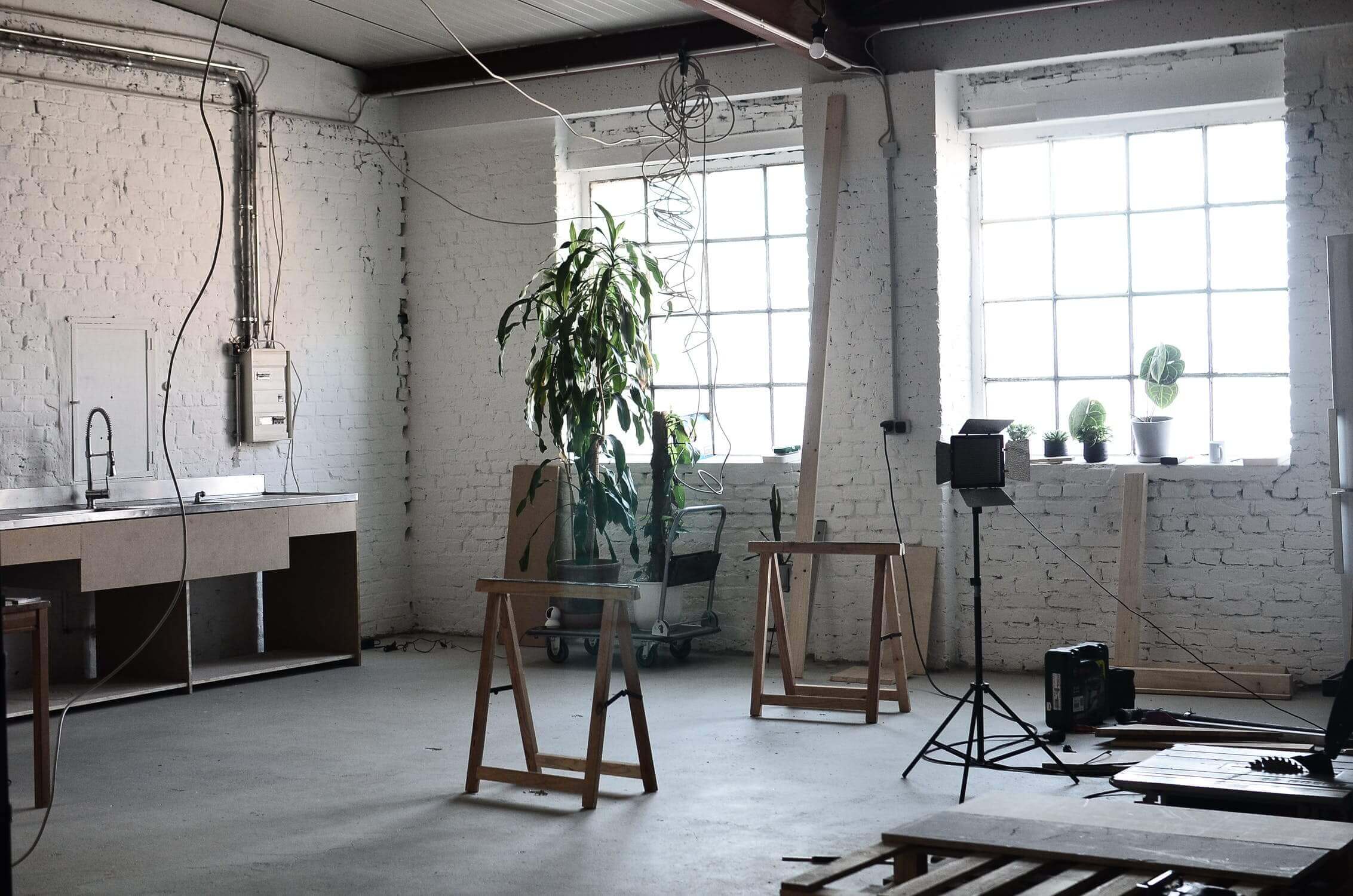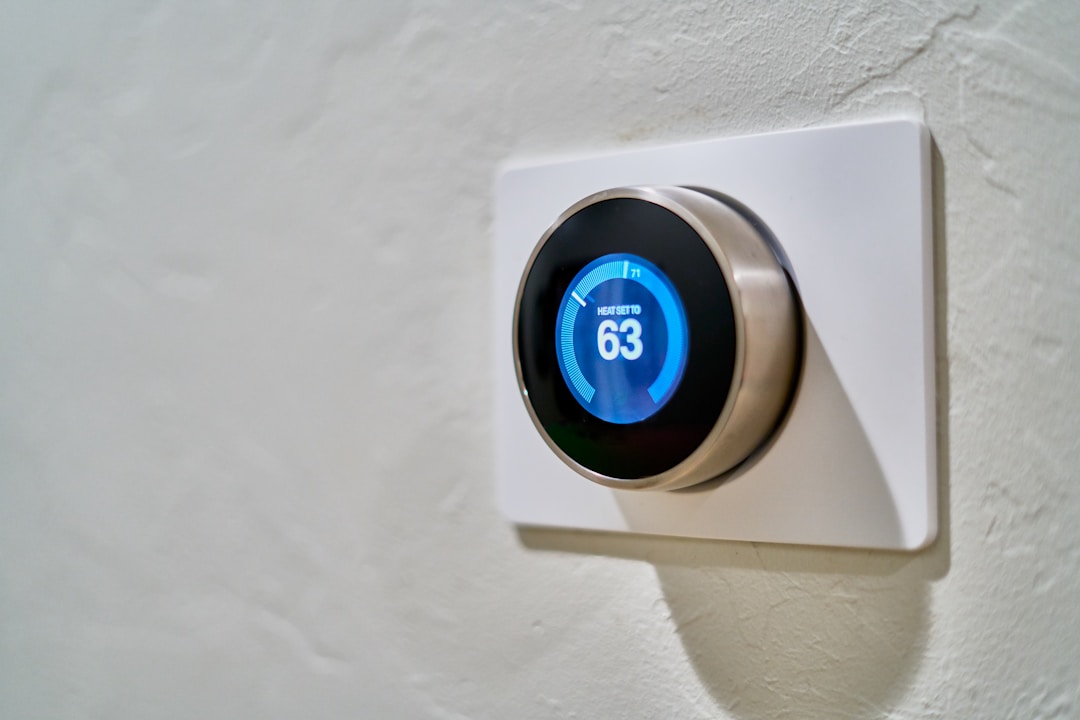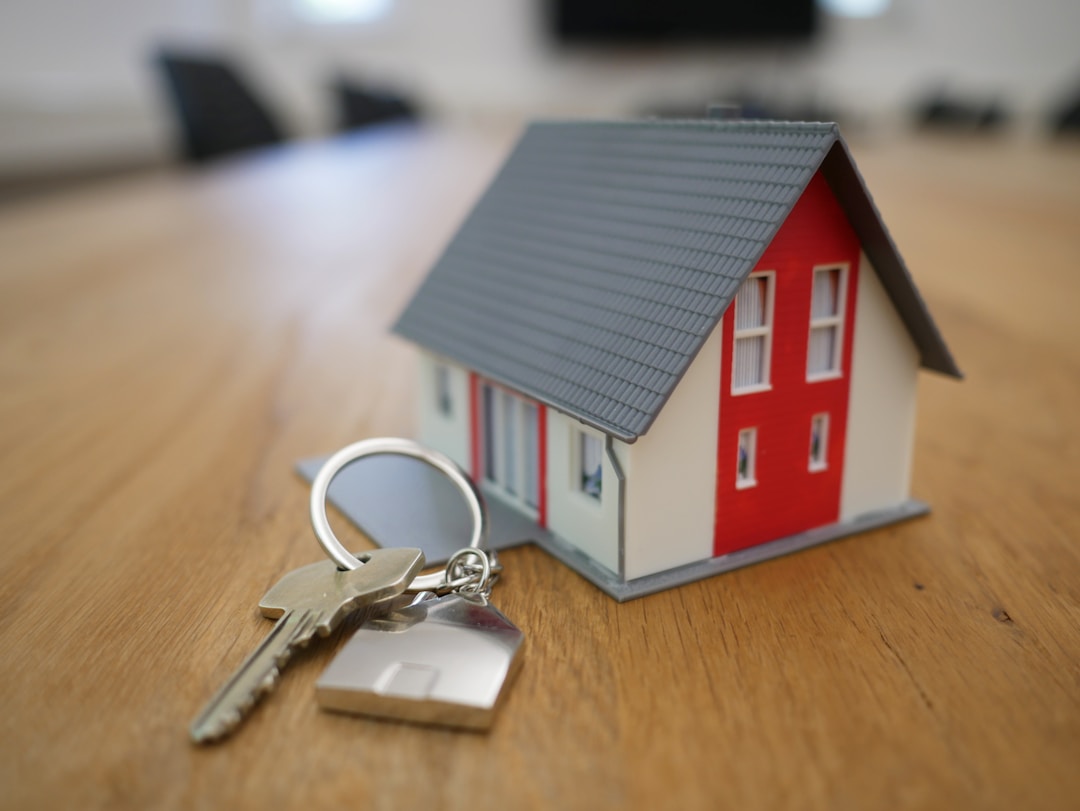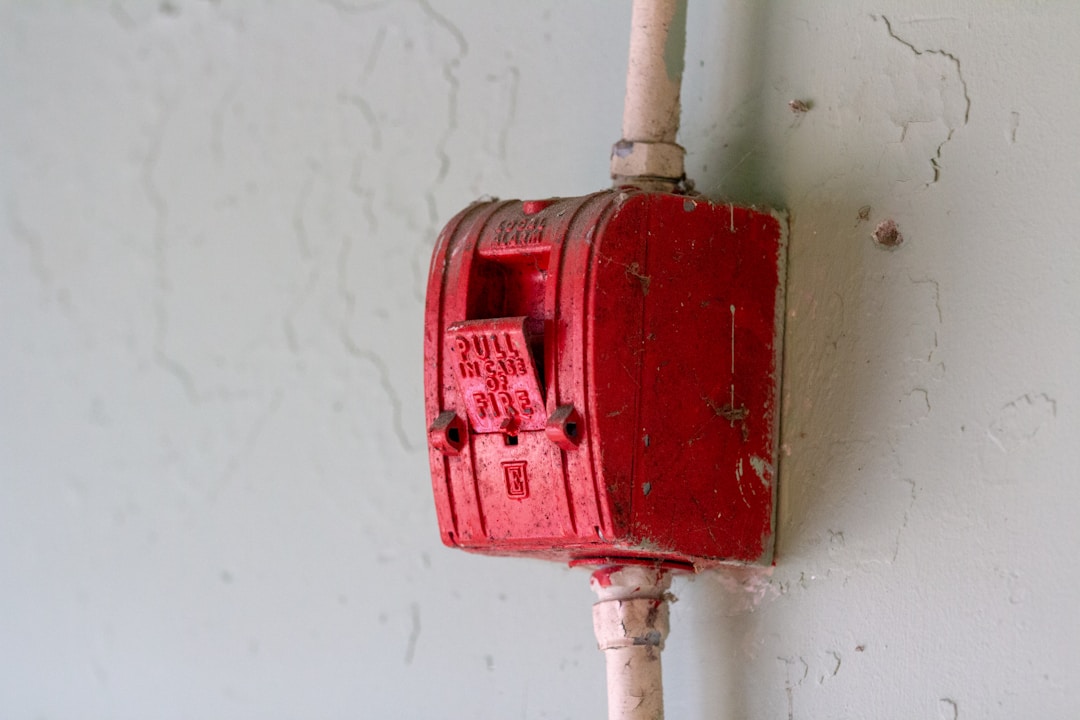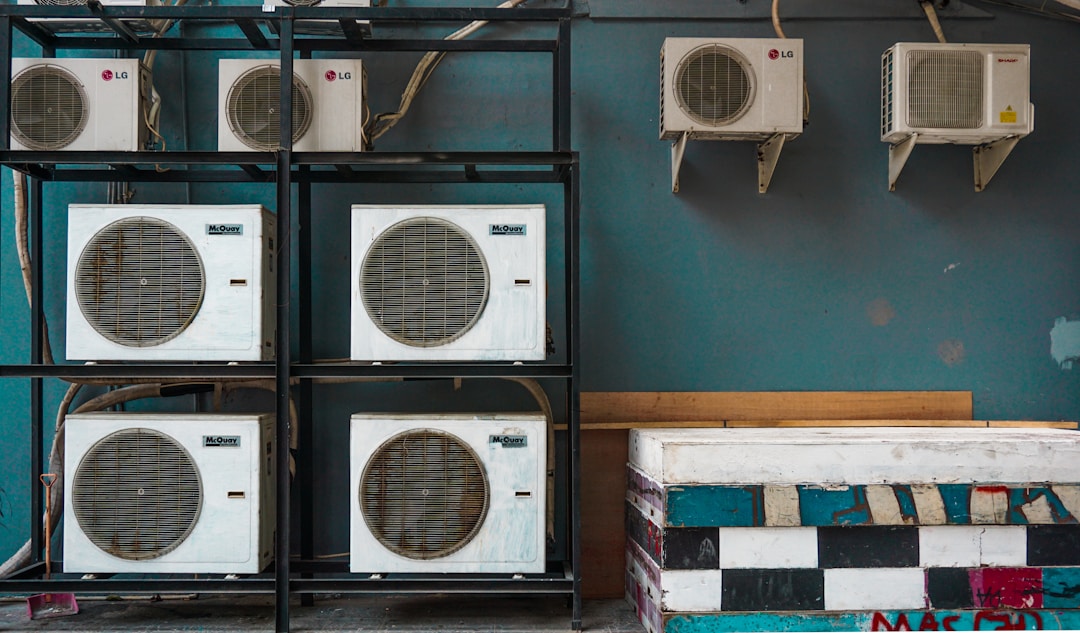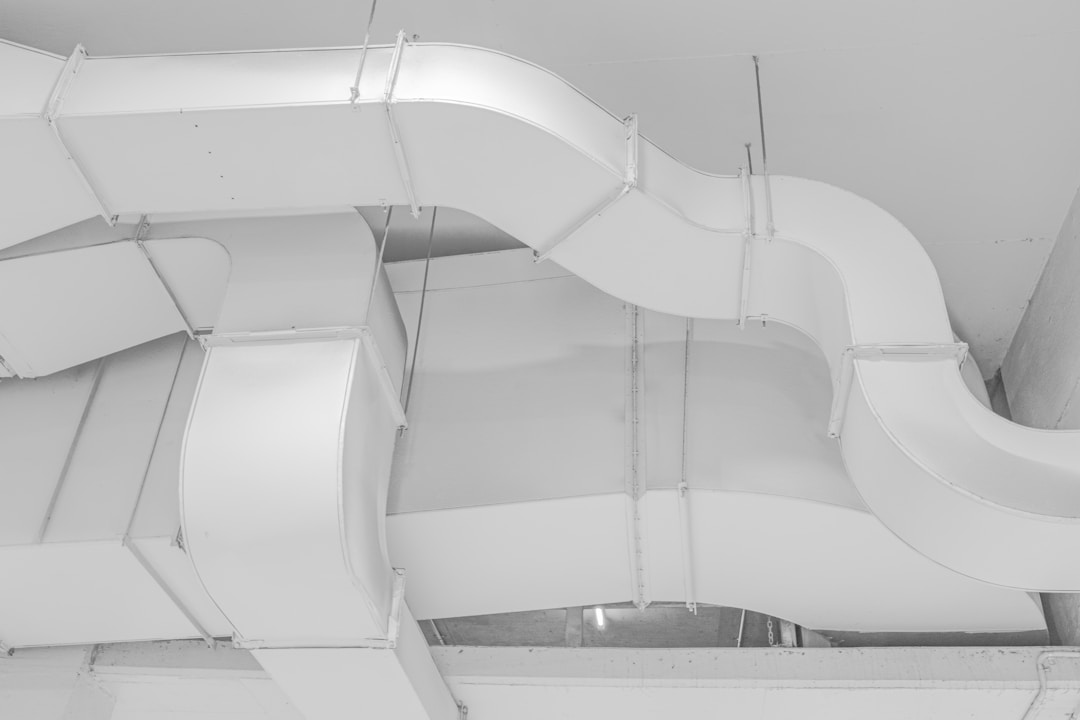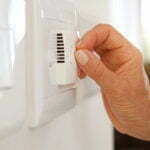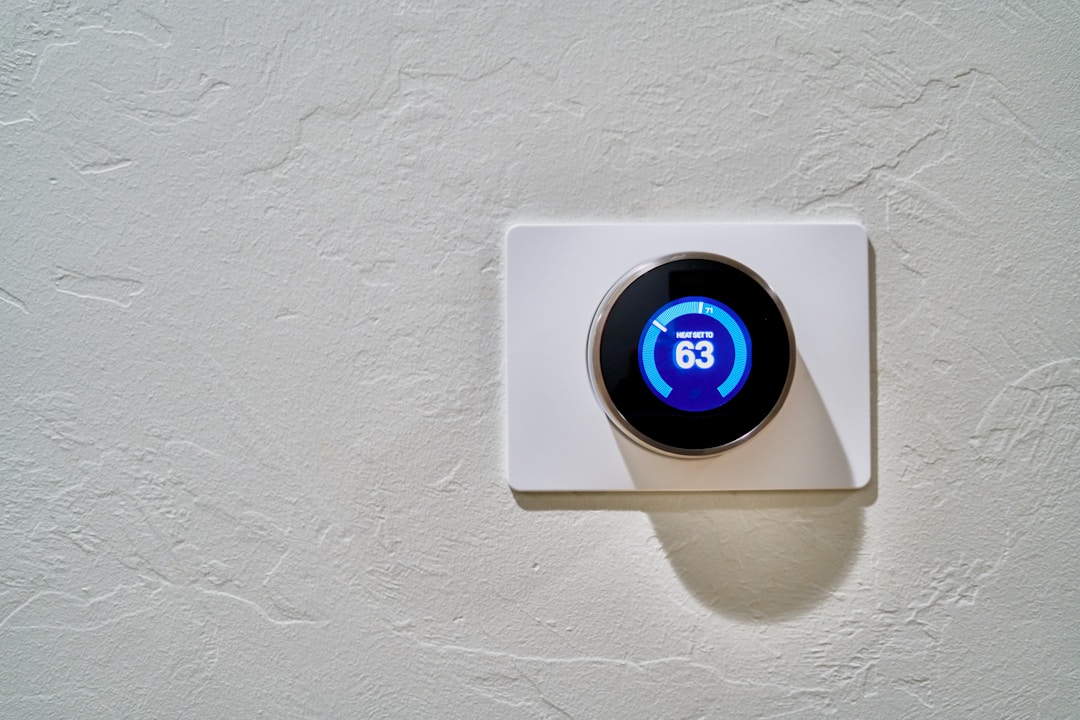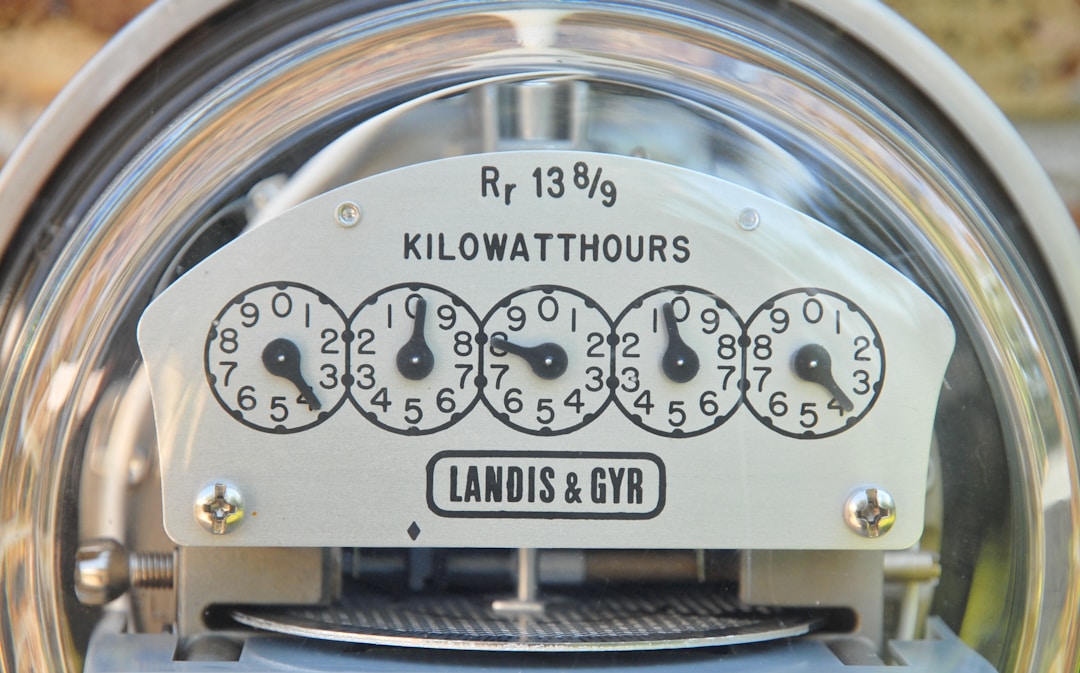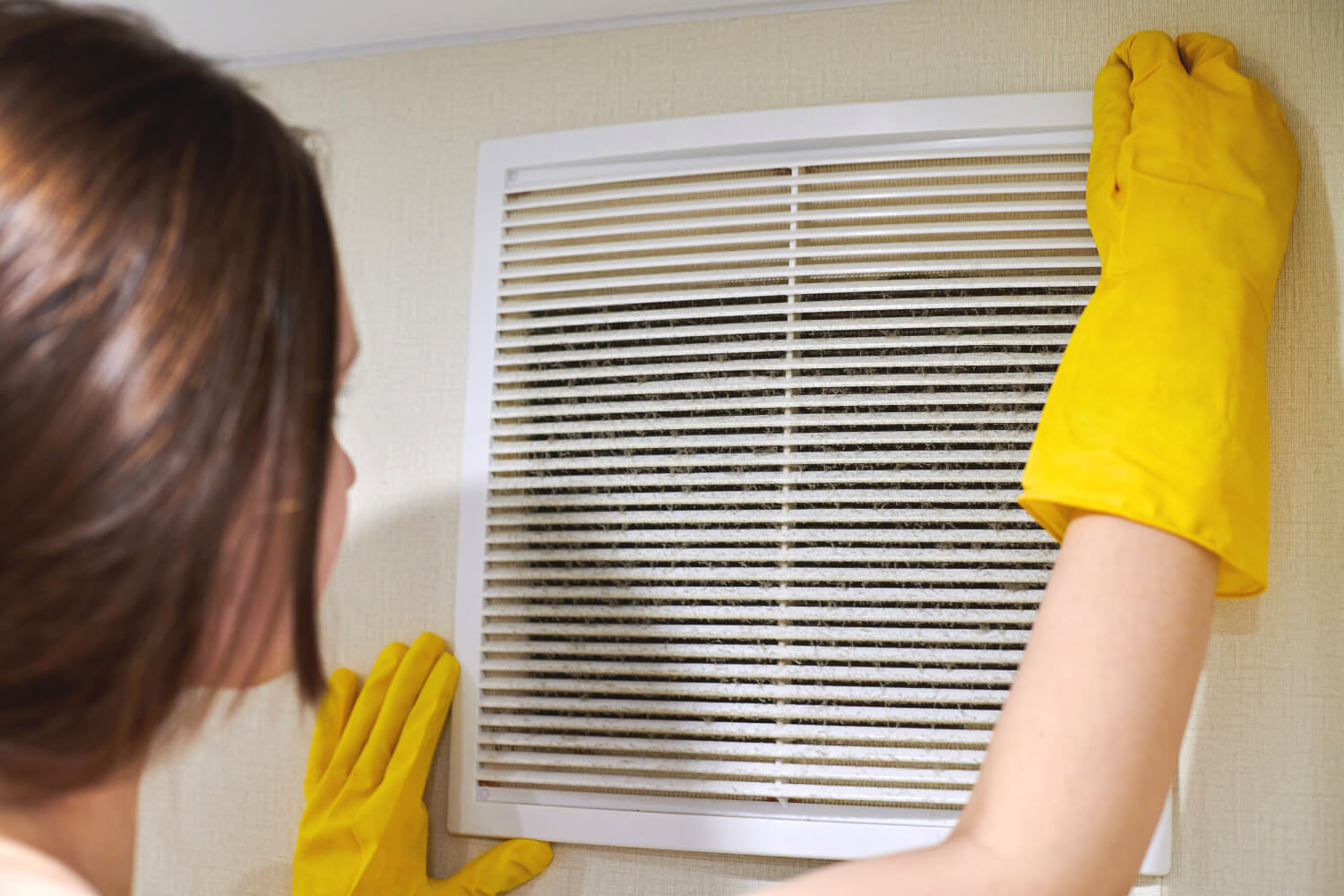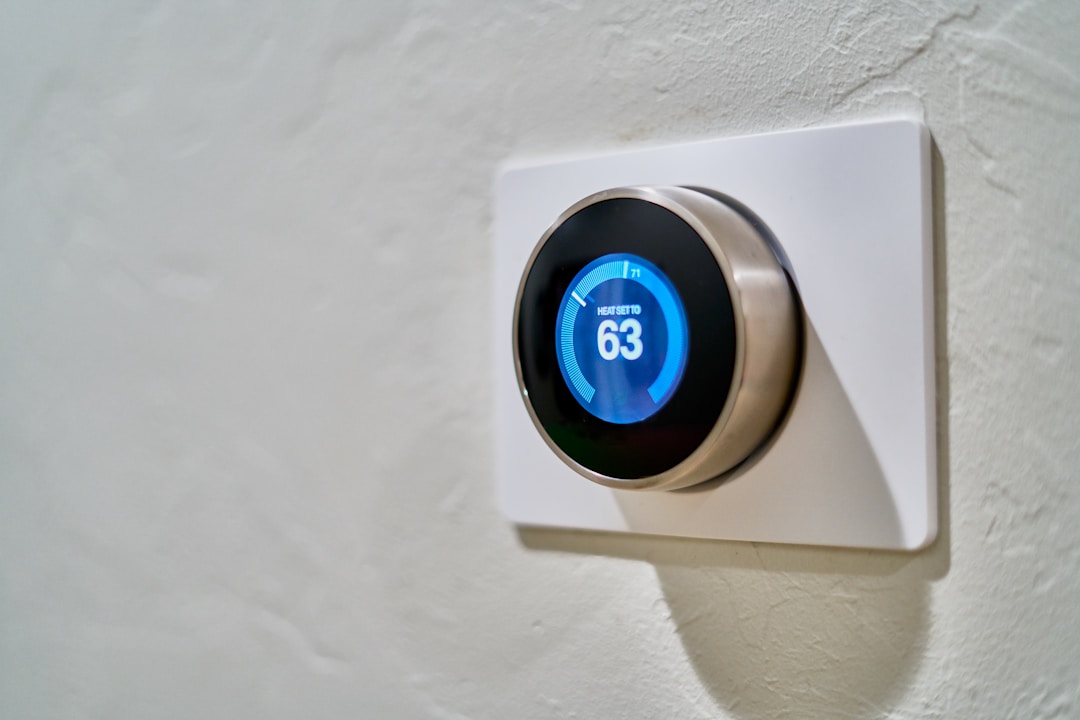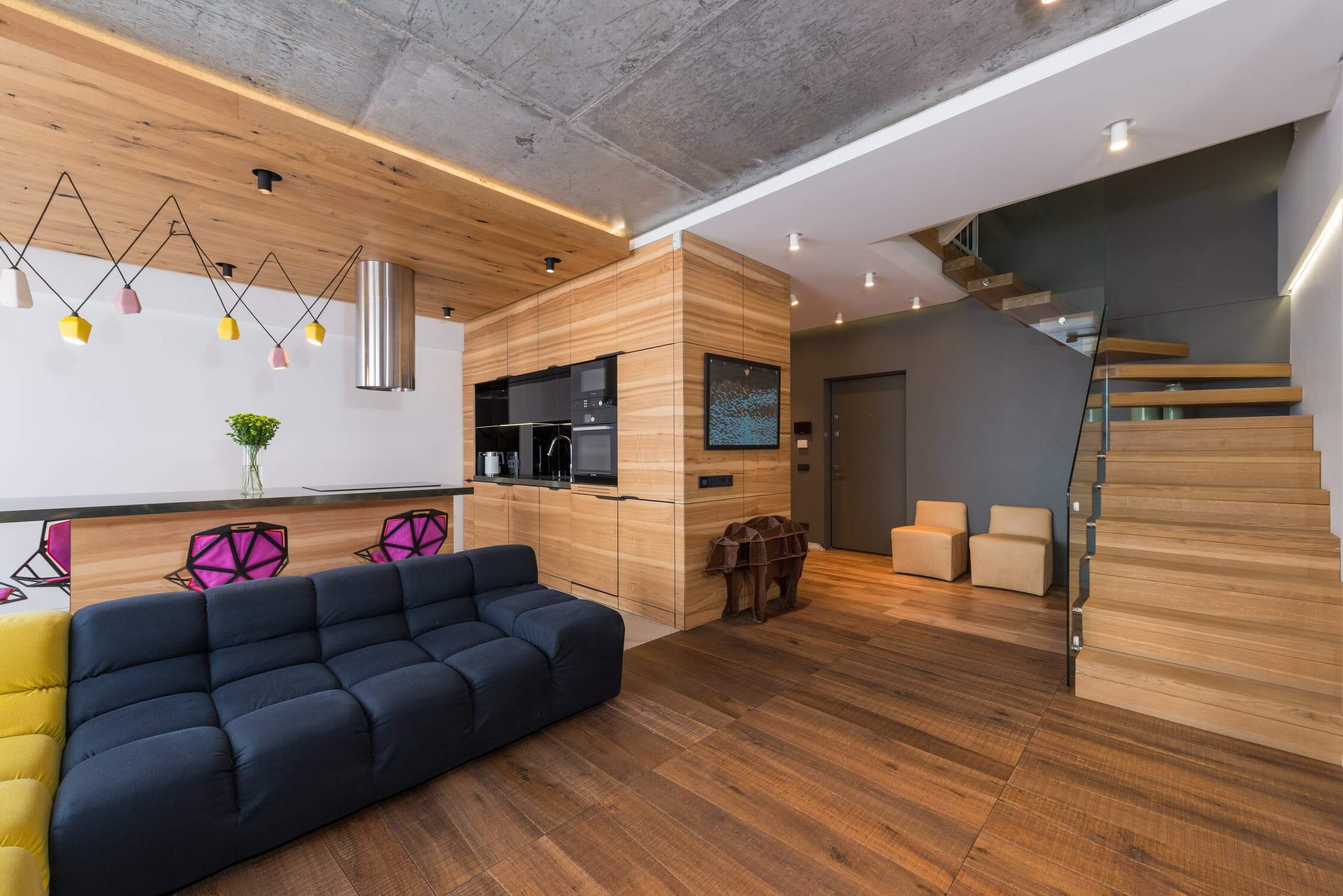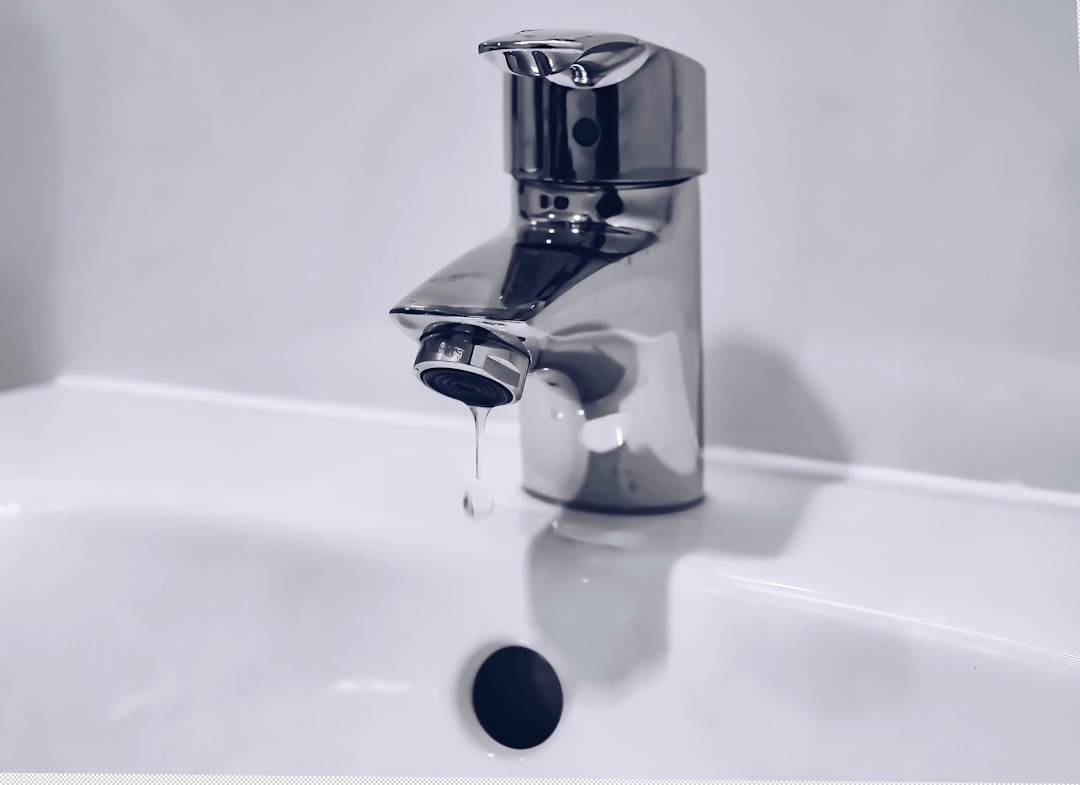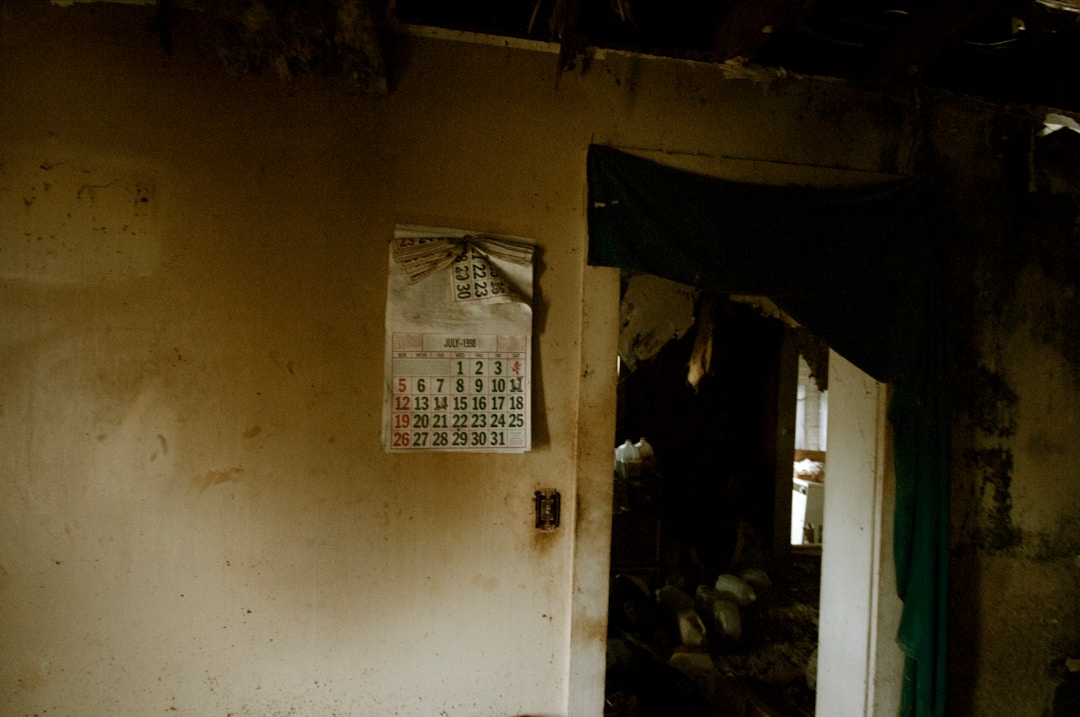Getting through the summer can be taxing, especially through the heat and humidity. That’s where your HVAC’s air conditioning is a crucial part of your household. Once the temperature cools down, you can ease up on the use of your HVAC system, and that’s an opportune time to get your unit ready to blast the heat for the winter. Here are some tips for staying on top of HVAC maintenance and using the fall to get your household in order for the chillier months.
Schedule an appointment with a technician.

While some routine maintenance falls on the homeowner, it’s important to have a licensed HVAC technician check your unit at least once or twice a year to make sure it’s up to code. Be sure to schedule early fall HVAC maintenance in Fairfax, VA, to make sure your unit gets any necessary repairs or replacement before you begin the winter months, which is usually a period of high energy consumption. The last thing you want is to have to get through winter without a heating system operating at its peak.
A maintenance check will be sure to look into all of the internal mechanisms of an HVAC system, making sure there are no signs of rust and corrosion. This will also look for any gunk or dust that is clogging up parts of the unit. A technician will also impact the ductwork to make sure there are no leaks or cracks that are inhibiting airflow. Ducts and vents will also be evaluated to make sure there is no buildup of dust or other contaminants that might be keeping the heater from doing its job.
Stay on top of your regular HVAC maintenance.
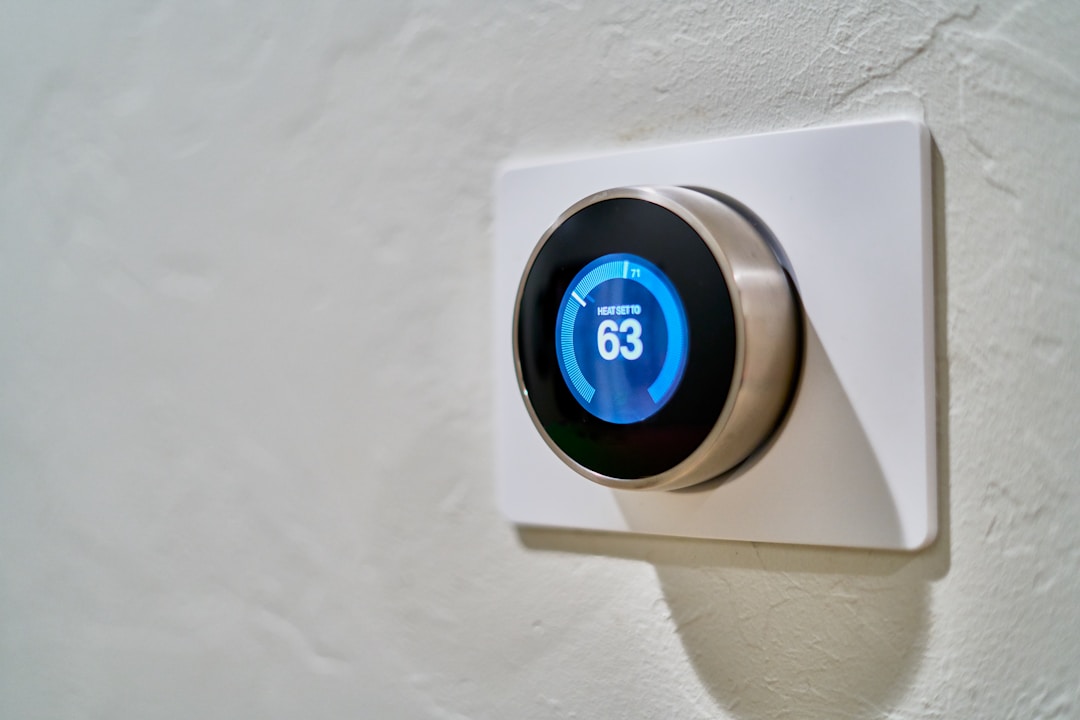
The usual lifespan of an HVAC system is anywhere from 15 to 20 years depending on the size of a unit. However, a proper maintenance plan will make sure you get the most out of this investment as a homeowner. Regular maintenance is also the best way to avoid any kind of breakdown that will lead to a more costly repair, or even having to replace the system earlier than you anticipated having to.
Be sure to seasonally clean or replace filters to make sure that there is no clogging or buildup or allergens that can hinder the airflow from an HVAC unit. Oftentimes, these blockages are ignored and we go running to the thermostat to crank up the heat because the temperature indoors is not matching up. This is only putting undue pressure on an HVAC unit and sending your energy bill up even higher. This will make sure that your furnace is operating at its best, while not putting more on your invoice as you usually anticipate during the winter months.
Take additional steps to improve indoor air quality.

Regular HVAC maintenance should be done in conjunction with regular cleaning of your household. This is all in the best interest of maintaining the best indoor air quality possible for you and your loved ones to breathe in. Keeping dust and allergens out of the air can also be benefitted by a scrubber that works to kill viruses and bacteria that may linger in the air. You may also want to look into dehumidifiers for your household to avoid a high humidity level while the heater is on. Humidity creates a breeding ground for dangerous mold spores that could have a devastating impact on your health.
One of the easiest ways to improve indoor air quality with immediacy is just to get some doors and windows open, creating a cross-breeze with proper ventilation. This also puts less pressure on the HVAC unit during the times of the year where you really don’t need to have it on. Routine maintenance and care are all you need to make sure your heater and air conditioner keep you comfortable all year long.



